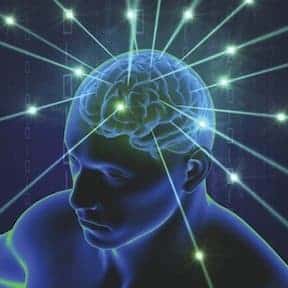Want to improve your memory? Take a nap

Researchers at Saarland University in Saarbrücken, Germany, studied the memory of 41 volunteers and found that an hourlong nap improved their memory performance fivefold.
Here’s why they think it happened: The hippocampus—a brain region known to play a role in memory consolidation—transfers learned information into memory storage after the information is learned.
Electroencephalogram tests revealed that the brain’s activity during sleep seems to supercharge the ability of the hippocampus to consolidate information, researchers found.
“Further studies will be required to unravel by which mechanisms the brain distinguishes between information that is retained or forgotten by sleep,” the study’s authors wrote, noting, however, “a short nap at the office or in school is enough to significantly improve learning success.”
To tap creativity, get some rest
The key to creative problem-solving just might be a little extra sleep.
Art Markman, professor of psychology and marketing at the University of Texas at Austin, notes that sleep helps people come at a problem in a more imaginative way.
“When you are trying to develop a creative solution to a difficult problem, you need to find some knowledge that you already have that will help you take a new approach,” he writes in an online article for Fast Company magazine. “That means that a big part of creativity is allowing the problem to remind you of things you know about that probably come from another area of your expertise and that are relevant to your current problem. In short, you are seeking a good analogy.”
When you sleep, the things you were exposed to during the day are solidified in memory, the article says. The memories, however, do not hold all the details of the event. Thus, after you sleep, your memory of the problem you’re solving will hold fewer details and more essential elements.
“When you return to the problem after sleeping, your description of the problem will retrieve different information from memory than it did before you slept,” Markman says. “In particular, you are much more likely to be able to find an analogy after you have slept on a problem than you were before.”
Creativity to the rescue. Problem solved.




